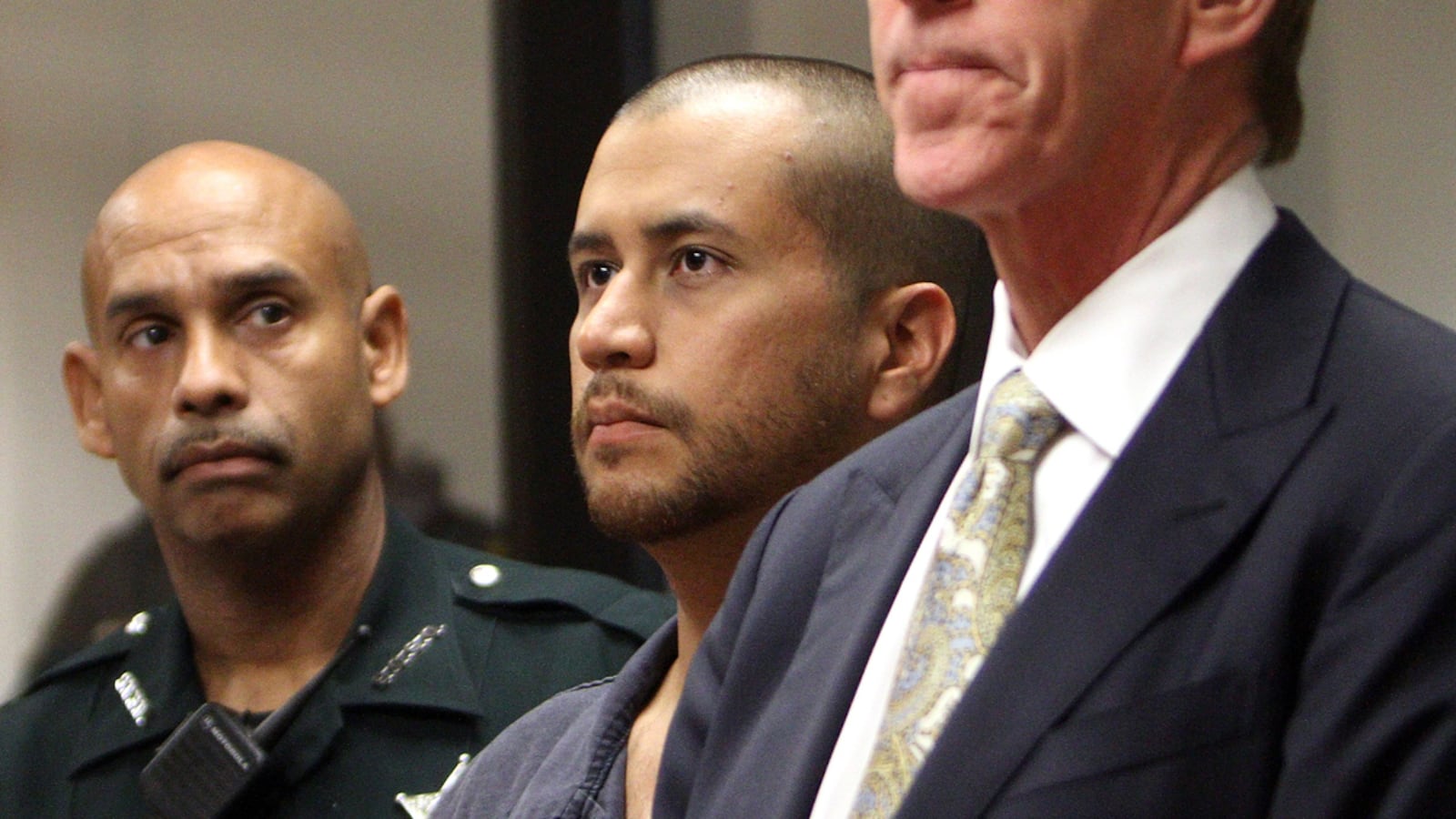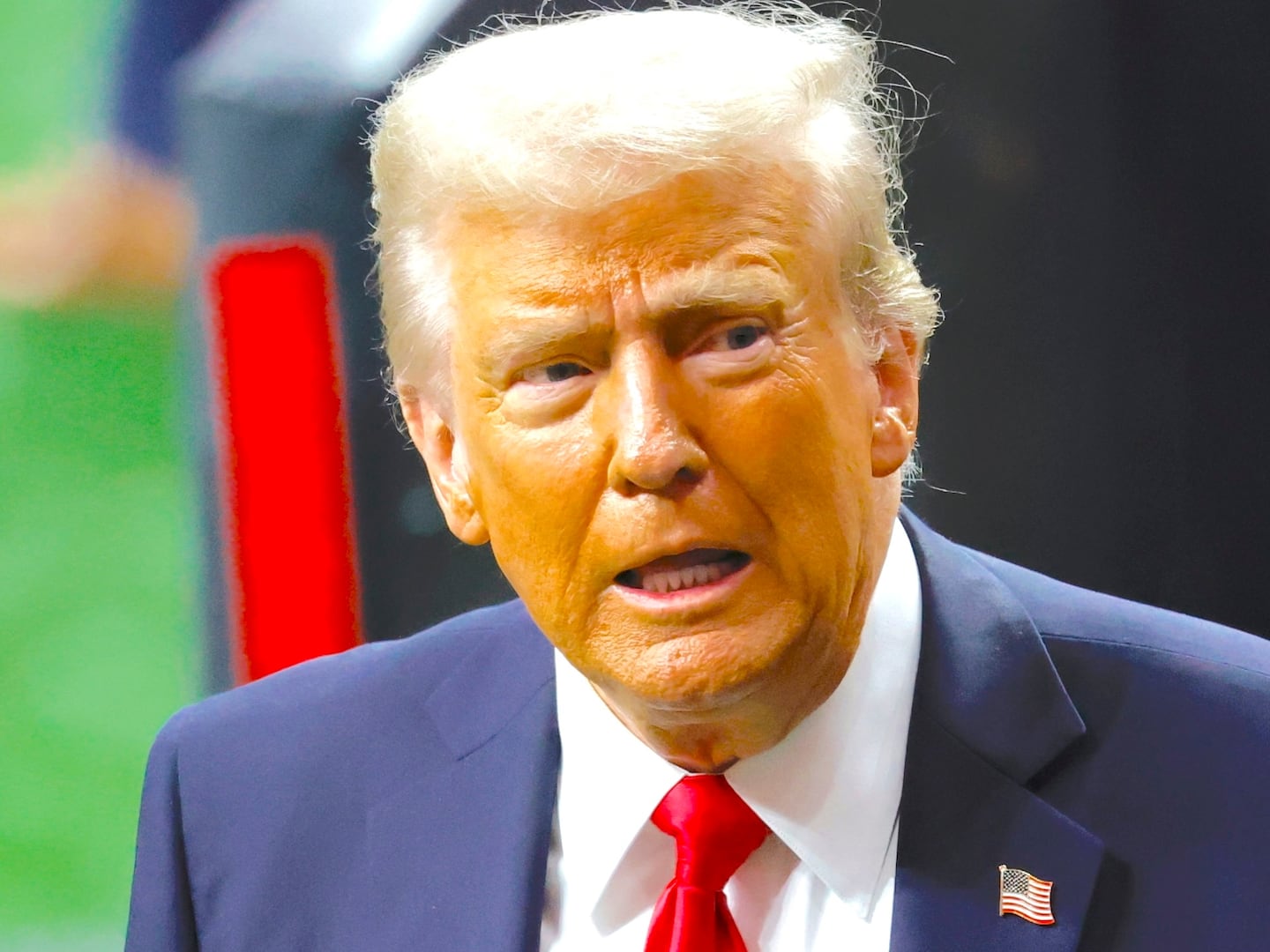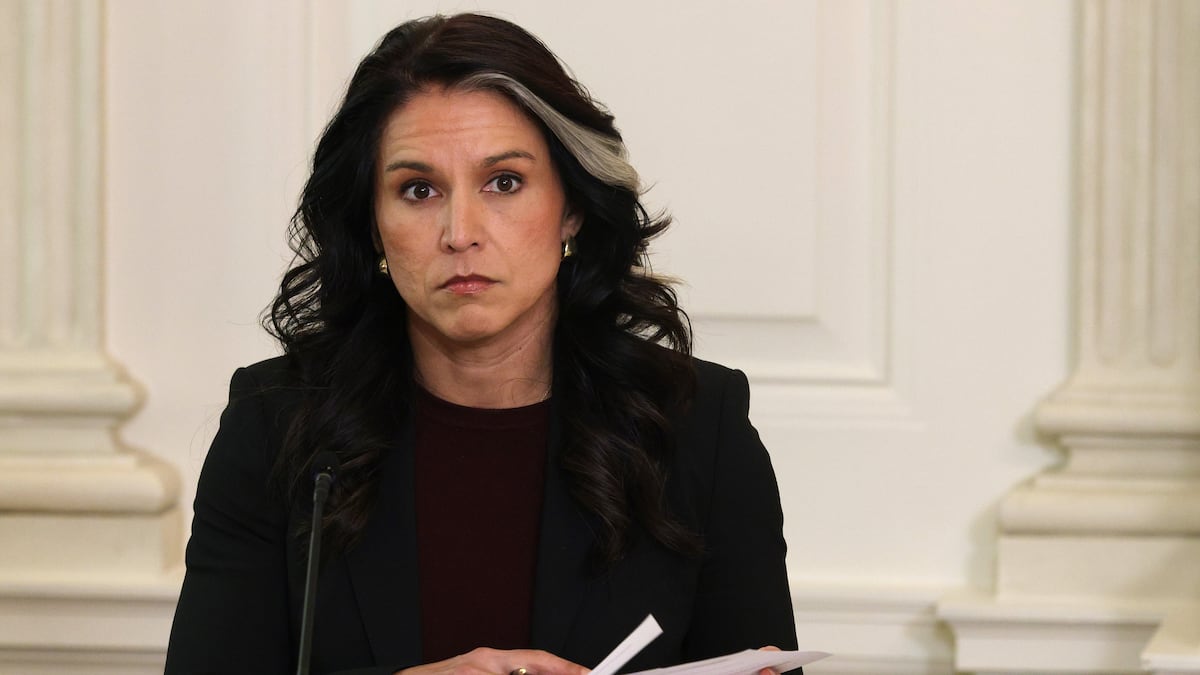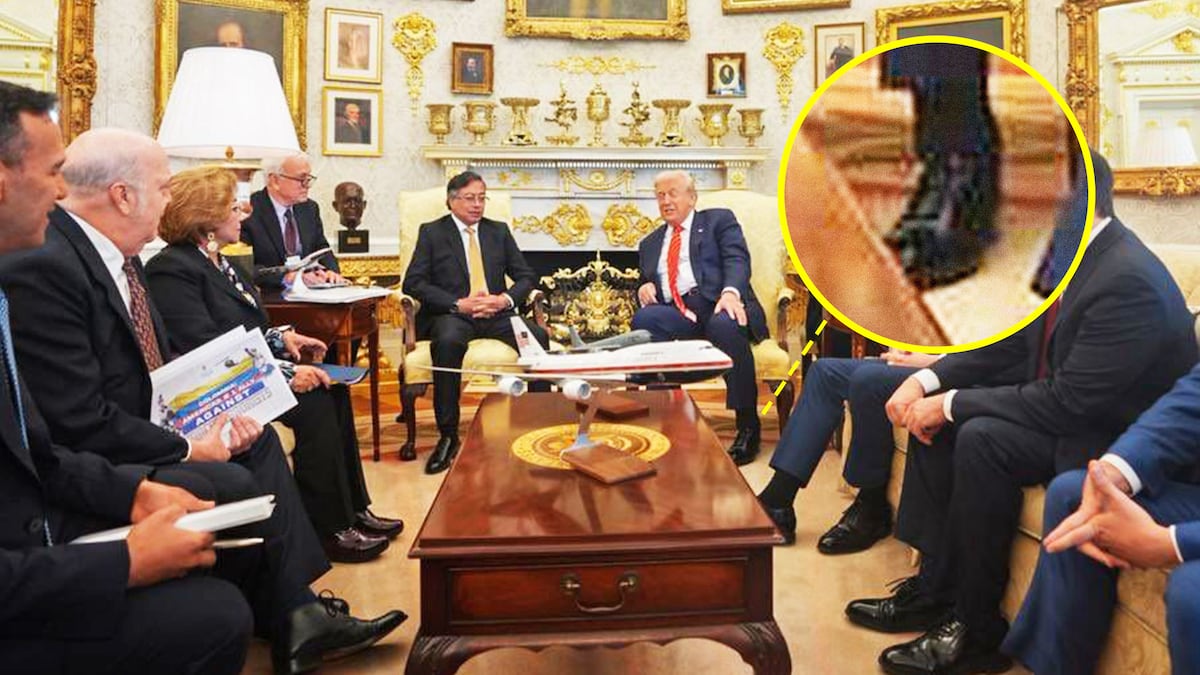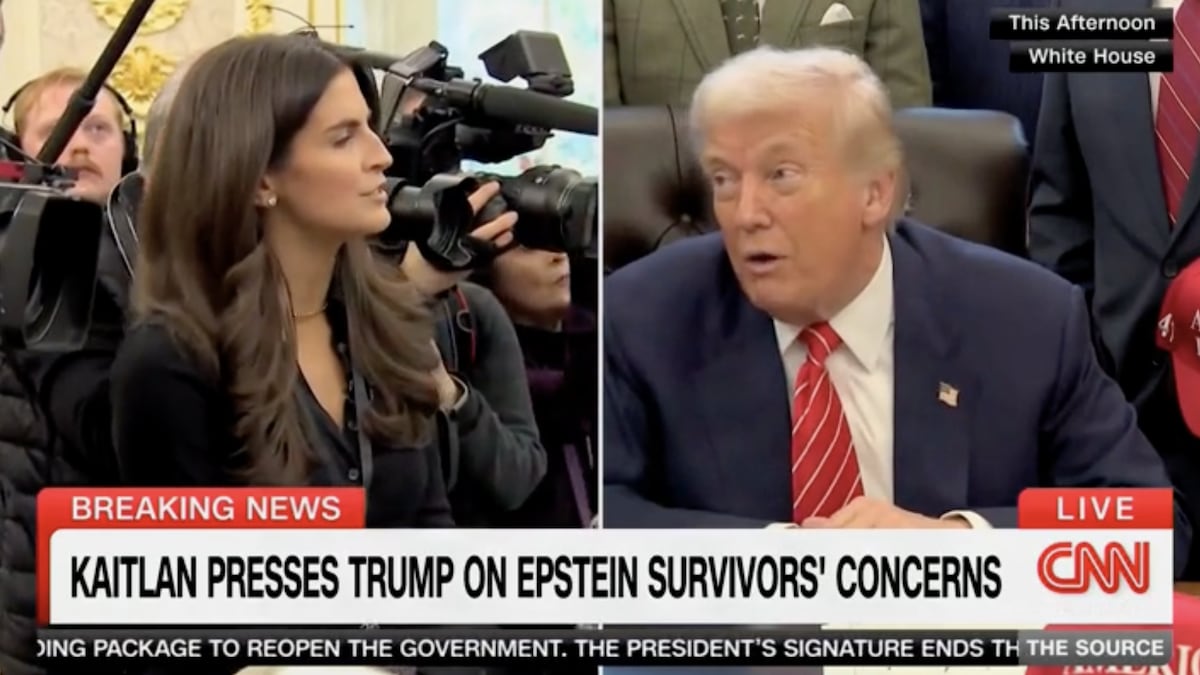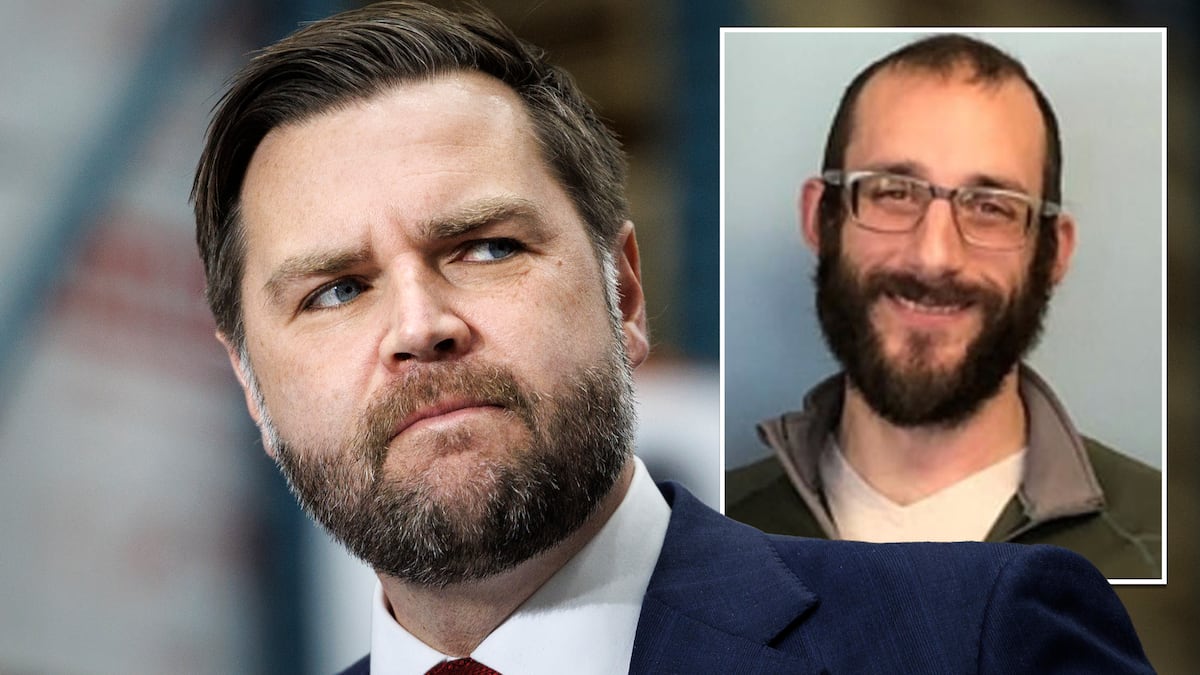Five days after George Zimmerman was arrested and charged with the murder of Trayvon Martin, the criminal case against him is already tied up in knots.

On Monday afternoon, Zimmerman’s lawyers filed a motion asking the trial judge, Jessica Recksiedler, to remove herself from the case due to an alleged conflict of interest. But the contents of that motion are not available from the court, because of a separate judge’s decision last Thursday—the day after Zimmerman’s arrest—to seal virtually every record in the court docket.
At Zimmerman’s first hearing, on April 12, Judge Mark E. Herr ruled that “any documents filed after the probable-cause affidavit are to be sealed.” Mark O’Mara, Zimmerman’s lawyer, had requested the ruling, and it was accepted without objection at the time.
But on Monday, attorneys for a consortium of media outlets—including The New York Times, the Associated Press, CNN and McClatchy—filed a nine-page motion opposing the sealing order, but even that motion itself appeared to be sealed. (Newsweek and The Daily Beast were not a part of the consortium.) Reporters seeking copies from the Seminole County court clerk were turned down on account of the order.
The five-story criminal court building is just down the road from the large detention center where Zimmerman is currently being held in Sanford.
The Daily Beast obtained the media consortium’s motion to unseal the documents from Holland & Knight, the law firm for the consortium. The motion argues that Zimmerman “must show that the release of such additional information will deprive him of his right to a fair trial, which is a showing he cannot make.”
Scott Ponce, a Holland & Knight partner, said it is not unprecedented to seal a docket, but that it is unusual to do it without giving the public or the media a chance to weigh in. “For an initial hearing,” Ponce said, “for a judge to seal something, having not seen the records, and just say, ‘We are going to seal the records,’ is unusual.”
A spokeswoman for Angela Corey, the state attorney for the Jacksonville area who is serving as the special prosecutor in the case, declined to comment on the sealed records today, saying, “We will argue the issue in court.” Mr. O’Mara’s office did not return repeated calls.
A more pressing issue than the secrecy, at least for moving the case forward, will be for officials to figure out which judge oversees the case. Judge Jessica Recksiedler, who was assigned last week, soon disclosed a possible conflict of interest: her husband is a law partner with a lawyer who commented on the case on television. On Friday, Zimmerman’s defense lawyer, Mark O’Mara, announced he would ask for her recusal.
Ponce acknowledged that the motion to unseal the case documents will have to wait until the question of the judge’s recusal is resolved. “I would think they want to get the recusal motion settled before everything,” he said.
As of Monday afternoon the state attorney’s office had said that a bond hearing would take place on Friday, but court officials don’t currently have the hearing listed and it is unclear what the recusal motion will mean for the hearing.
Confusion in high-profile cases is nothing new, say local legal experts.
“A good rule of thumb is the more serious the charge and the higher the public interest in terms of media, the more surreal a case gets,” said Professor George R. Dekle of the University of Florida Levin College of Law. “I don’t know if it’s a law of nature, but it’s my experience.”

